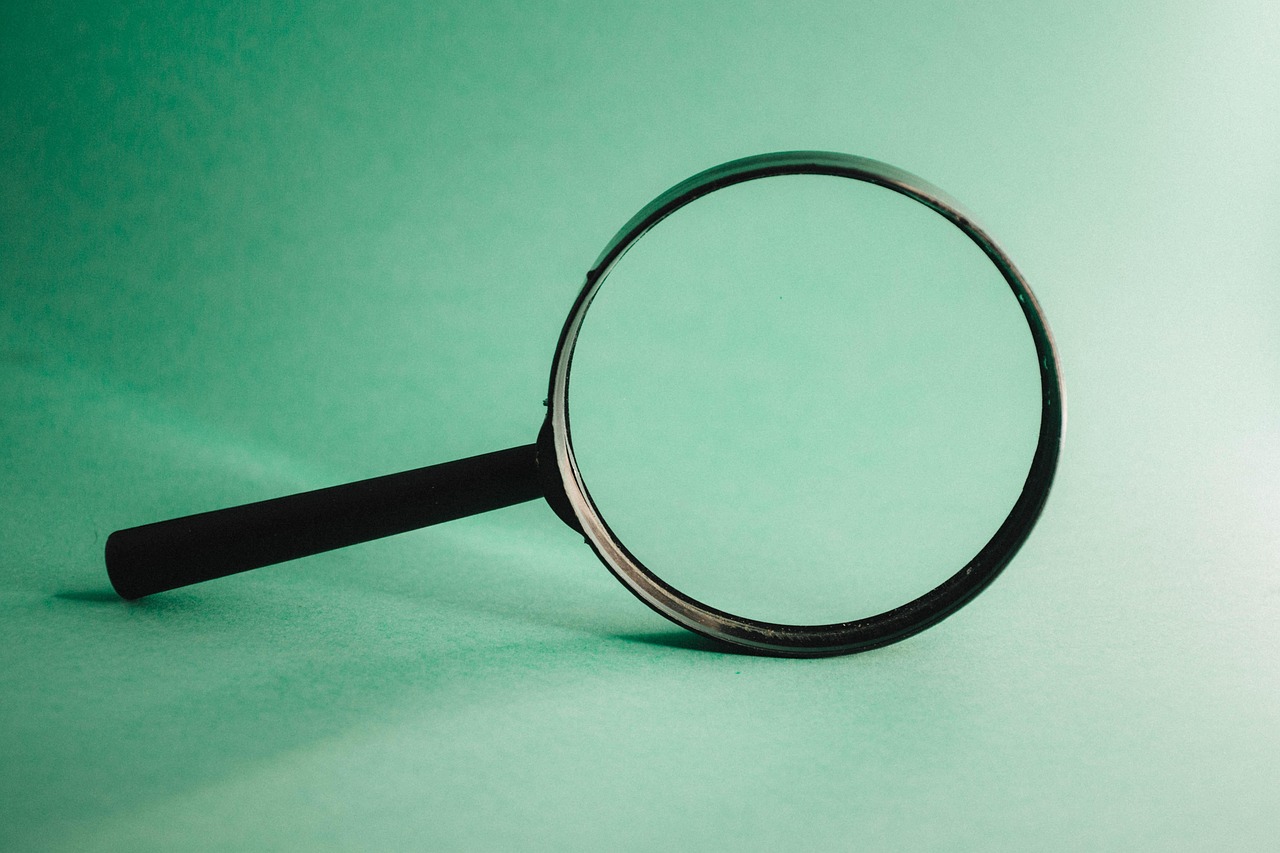In our previous blog post we shared Europa Media’s analysis of the data collected throughout the first year of implementation of Horizon 2020. Now it is time to take a look at the upcoming calls in 2016-2017.
Even though we expect the first calls to be published in mid-September, several draft Work Programmes have already been circulating around:
- Secure, Clean and Efficient Energy; Personalized Medicine;
- Leadership in enabling and industrial technologies (ICT);
- Europe in a Changing World;
- Secure Societies;
- European Research Infrastructures, including e-infrastructures;
- Food Security;
- Nanotechnologies;
- Climate Action, Environment, Resource Efficiency and Raw Materials;
- Smart, Green and Integrated Transport;
- Marie Sklodowska-Curie Actions.
Having reviewed these documents, we can share with you some interesting conclusions:
- We can expect a higher number of topics called for in the Energy work programme, including a novel area “stimulating the innovation potential of SMEs for low carbon and energy efficiency and social, economic and human aspects of energy system”;
- Similarly, more topics can be expected in the area of Health putting even more focus on e-Health, self-management of health in order to facilitate self-empowerment of patients with the help of modern ICT solutions;
- There will be a stronger emphasis on “Internet of Things” in the area of ICT; additional novel topics include responsibility and creativity in ICT-related research and innovation;
- Europe in a Changing World introduces new priorities in terms of Co-creation for Growth and Innovation. Reversing Inequalities and Promoting Fairness and focuses on existing global challenges, including migration;
- We expect fewer topics called for in the Secure Societies work programme with a new attention on the issue of Cybersecurity at SMEs;
- A higher number of topics can be expected in the area of Food Security with an added section on Rural Renaissance (fostering innovation and business opportunities) and focus on healthy and safe foods and diets for all.
Furthermore, in autumn 2015, new calls for large-scale demonstration projects in cities as living-labs for nature-based solutions to societal challenges and cultural heritage as a driver for sustainable development will be launched, demonstrating a shift basic and applied research to a novel type of innovation actions.

In connection with the upcoming calls, the Commission is organizing a number of Information Days, most of them taking place in Brussels. For your convenience, we have compiled a list of the upcoming Info Days:
- Info Day on the Horizon 2020 Work programme 2016-2017 ‘Secure, Clean and Efficient Energy’, 14-15 September 2015, Brussels.
- Partnering event focusing on the upcoming Call for proposals in "Health, Demographic Change and Wellbeing", to be launched by the end of September, 17 September 2015, Brussels.
- Info Day on the Horizon 2020 Work programme 2016-2017 'Health, demographic change and wellbeing', 18 September 2015, Brussels.
- EU Brokerage Event on KET in Horizon 2020, 1 October 2015, Brussels.
- Info Day on the contractual Public-Private Partnerships on Factories of the Future, Energy-efficient Buildings, Green Vehicles and Sustainable Process Industry
Overview of ongoing activities – presentation of the 2016 - 2017 calls, 16 October 2015, Brussels. - ICT 2015 event at the Centro de Congressos de Lisboa, gathering information on 2016-2017 calls, 20-22 October 2015, Lisbon;
- Stakeholder Partnership event to facilitate networking, information exchange and cross-border partnerships of actors interested in addressing urban challenges, 20 October 2015, Brussels.
- Info Day on the Horizon 2020 Work programme 2016-2017 'Smart, green and integrated transport', 5 November 2015, Brussels.
- Info Day on the 2016-2017 Horizon 2020 Work Programme for ‘Smart Cities and Communities’, 6 November 2015, Brussels.
- Info week on Horizon 2020 Work Programme 2016-2017 for Societal Challenge 2: Food security, sustainable agriculture and forestry, maritime and maritime inland water research and bio-economy, 24-27 November 2015, Brussels.
Some budgetary figures for the 2016 calls are also now available. The draft budget for Horizon 2020 in 2016 is expected to be around EUR 10 billion, with an increase of approximately 12% compared to the 2015 budget. Over EUR 100 million will be available under Horizon 2020 in the area of cultural heritage, which demonstrates an increase as well. The adopted ERC Work Programme for 2016 foresees EUR 1.67 billion (comparable to 2015) for grants to top researchers with the first deadline on 2 February 2016.
Overall, in the EU budget for 2016 the European Council proposed an 8.6% increase for research and other measures aimed at promoting competitiveness and defined several priority areas for funding, with migration management and Erasmus actions being among them. Thus, Erasmus+ programme will get a 30% boost compared to 2015 amounting to EUR 1.8 billion of funding in 2016.
We hope that you will find this information useful for getting prepared for the 2016-2017 calls and for conceiving new proposals. For updated information, we recommend checking the Participant Portal regularly.
We wish you best of luck with the upcoming Horizon 2020 challenges!




